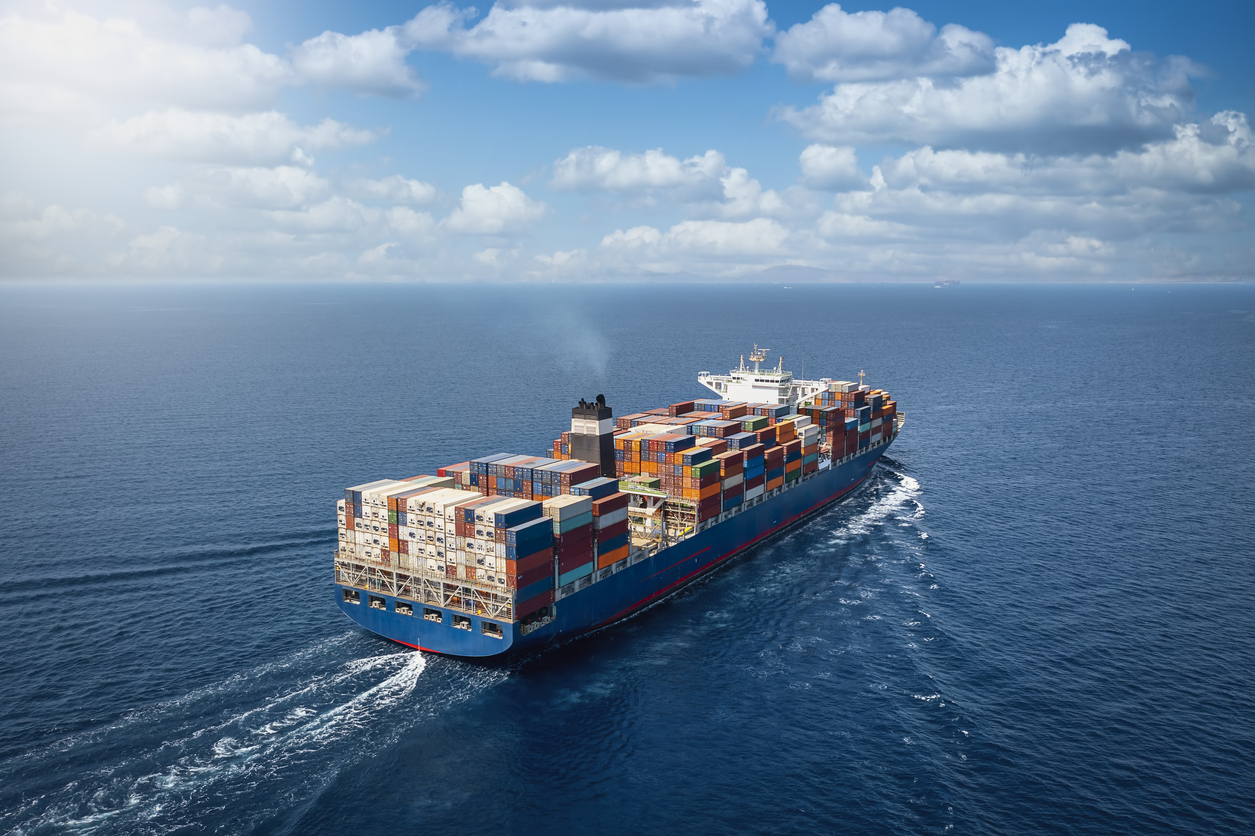General Cargo Ships in Nigeria: Backbone of Maritime Trade
General cargo ships are a vital component of Nigeria’s maritime industry, supporting the movement of goods across domestic and international waters. With Nigeria’s strategic position as a leading economy in West Africa, these vessels play a crucial role in connecting businesses to global trade networks.
This article explores the importance of general cargo ships in Nigeria, their operations, and how Wigmore Trading can support businesses with efficient logistics solutions.
What is a General Cargo Ship?
A general cargo ship is a type of vessel designed to transport a wide range of goods that are not carried in bulk or containerized form. These ships typically handle:
- Packaged Goods: Palletized products or boxed items.
- Machinery and Equipment: Heavy or specialized industrial components.
- Vehicles: Cars, trucks, and other rolling cargo.
- Project Cargo: Oversized or irregularly shaped goods for construction or industrial projects.
In Nigeria, general cargo ships are frequently used to transport goods to and from ports such as Apapa Port, Tin Can Island Port, and Port Harcourt Port, as well as smaller coastal and inland facilities.
The Role of General Cargo Ships in Nigeria
1. Facilitating Imports and Exports
General cargo ships are essential for transporting diverse goods, from machinery and consumer products to agricultural exports.
2. Supporting Offshore Industries
Nigeria’s oil and gas sector relies on general cargo ships to deliver essential equipment and supplies to offshore platforms.
3. Boosting Regional Trade
These ships enable trade with neighboring countries within the Economic Community of West African States (ECOWAS) region.
4. Linking Remote Locations
General cargo ships connect Nigeria’s smaller ports and coastal towns to major trade hubs.
Advantages of General Cargo Ships
- Versatility
Able to carry a diverse range of goods, including irregularly shaped or oversized items. - Cost-Effectiveness
Ideal for smaller shipments that do not require full container loads or bulk transport. - Accessibility
Many general cargo ships can dock at smaller ports with limited infrastructure. - Flexibility
Adaptable to varying cargo types and volumes, making them suitable for different industries.
Key Ports for General Cargo Ships in Nigeria
1. Apapa Port (Lagos)
Nigeria’s largest and busiest port, handling a significant portion of the country’s general cargo.
2. Tin Can Island Port (Lagos)
A hub for diverse cargo, including vehicles and machinery.
3. Port Harcourt Port (Rivers State)
Serves the Niger Delta region, supporting industries such as oil and gas.
4. Calabar Port (Cross River State)
Specializes in trade with Cameroon and other neighboring countries.
5. Warri Port (Delta State)
Handles cargo destined for the Delta region and supports oil and gas activities.
Challenges Facing General Cargo Shipping in Nigeria
1. Port Congestion
Heavy traffic at major ports leads to delays in cargo handling and clearance.
2. Inadequate Infrastructure
Some smaller ports lack modern facilities to efficiently handle general cargo ships.
3. Customs and Regulatory Hurdles
Navigating Nigeria’s complex customs and trade regulations can slow down operations.
4. Security Concerns
Maritime piracy and theft in the Gulf of Guinea pose risks to shipping operations.
How Wigmore Trading Supports General Cargo Shipping in Nigeria
At Wigmore Trading, we specialize in simplifying cargo logistics for businesses in Nigeria. Whether you’re importing machinery, exporting agricultural products, or moving project cargo, our tailored solutions ensure efficient and hassle-free shipping.
Our Services Include:
- Freight Forwarding
Seamless coordination of shipments to and from Nigeria. - Customs Clearance
Expert handling of documentation and regulatory compliance. - Cargo Handling
Safe and efficient loading, unloading, and transport of goods. - Port Services
Strategic partnerships with Nigerian ports for smooth operations. - Security and Risk Management
Measures to protect cargo from theft or damage during transit.
Tips for Successful General Cargo Shipping in Nigeria
- Plan Ahead: Anticipate potential delays at ports and adjust schedules accordingly.
- Ensure Proper Documentation: Avoid clearance issues by preparing all necessary paperwork in advance.
- Work with Reliable Partners: Choose experienced logistics providers like Wigmore Trading to handle your shipments.
- Track Shipments: Use tracking systems to monitor the progress of your cargo.
- Insure Your Cargo: Protect against potential losses with comprehensive marine insurance.
Conclusion
General cargo ships are the lifeline of Nigeria’s maritime trade, offering versatility and efficiency for businesses across various industries. With the right logistics support, companies can navigate the challenges of shipping and maximize the opportunities presented by Nigeria’s growing trade networks.
Need help with general cargo shipping in Nigeria? Contact Wigmore Trading today for reliable, end-to-end logistics solutions!








Comments are closed.